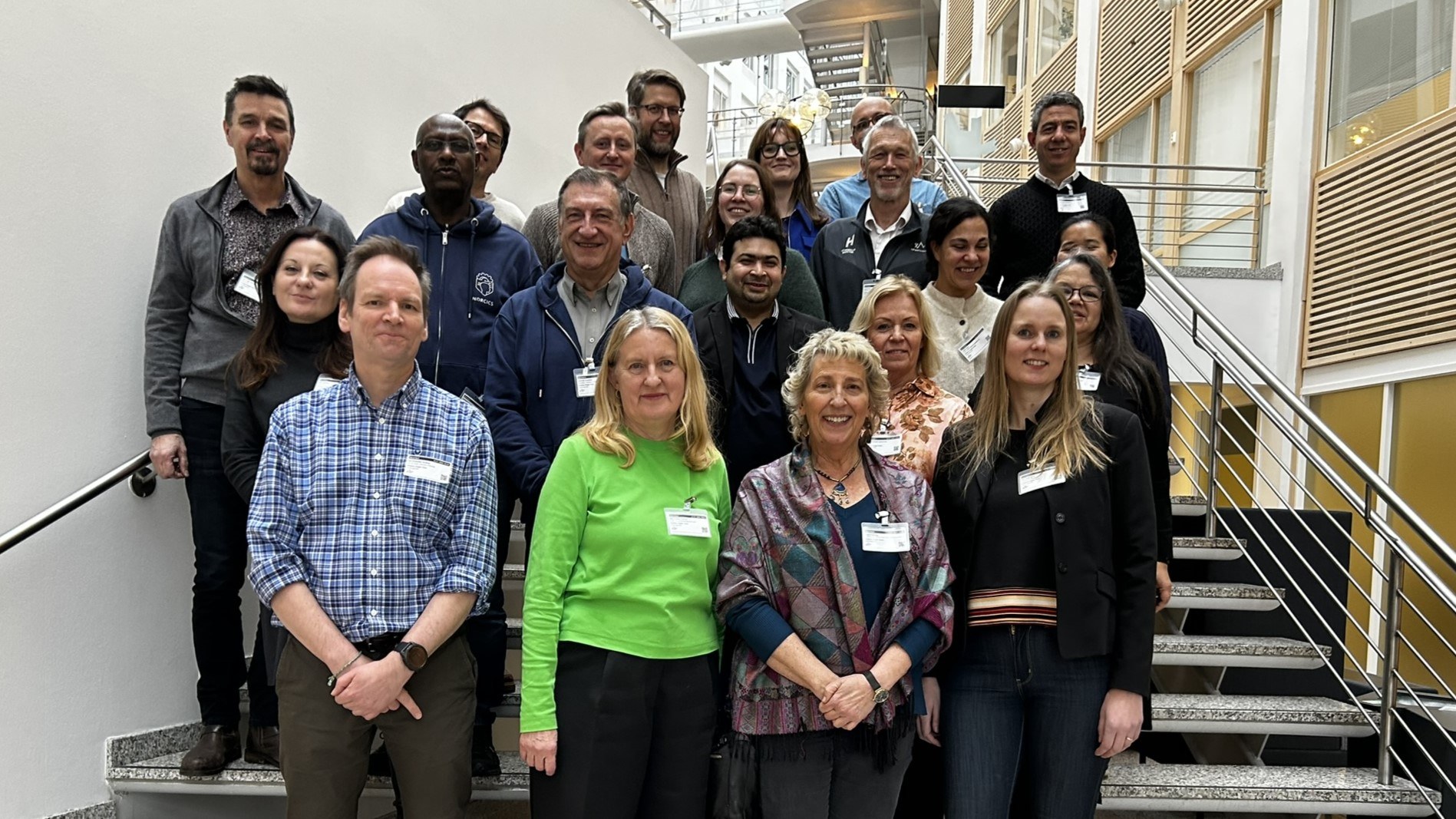Kick-Off for New User Network on Civil Security
NoCoU – Norway Community of Users – Civil Security for Society officially kicked off with a meeting between all the partners last week.
The NoCoU network, which was officially launched at the beginning of the year, met in Oslo to get acquainted with one another and discuss future activities. Non-academic organisations will be an important part of the network, as they can often provide new perspectives and hands-on experiences from working in different fields concerned with societal safety, security and resilience.
Through meeting points both on a regional and national level, the network seeks to gather knowledge and experiences which can be used to bolster cross-sectoral collaboration and strengthen the position of Norwegian researchers and organizations applying for funding, co-create and use of research results.

The importance of collaboration
May Kristin Ensrud from the Ministry of Justice and Public Security emphasized the importance of Norwegian participation in research projects on both national and EU level. Ensrud underlined the importance of this in relation to the recently published long-term defense plan (Totalberedskapsmeldingen), and talked about the importance of including more non-academic participants, particularly from the public sector and industry.
The importance of collaboration between researchers and non-academics was also a recurring theme during a panel discussion that took place at the kick-off. In this discussion participants from Trondheim Red Cros and Statnett shared their insights. The participants pointed out how this goes both ways – practitioners need research to help solve pressing challenges within their fields, while researchers need to understand which challenges exist and need their attention.
Bridging local expertise and European research goals
Giannis Skiadaresis from the EU Commission was also one of the invitees to the meeting. He has great hopes for what the newly established national network will achieve in terms of strenghtening Norway’s position when it comes to research within the field.
“NoCoU has the potential to strengthen collaboration and knowledge-sharing among security research stakeholders. I hope it will enhance engagement with Horizon Europe and Cluster 3 (civil security for society), making funding opportunities more accessible to local stakeholders. By identifying national key capabilities, as well as gaps and needs, NoCoU can provide valuable input to EU-level discussions. This will help shape national priorities, foster innovation, and build a stronger, more coordinated European security research community” he states.
He explains that national networks act as key facilitators that bridge local expertise with European priorities, and help researchers and organizations navigate EU funding opportunities and align project ideas with broader European objectives for research. However, the success of a national network like NoCoU will depend on several factors.
“Success will depend on active participation, clear communication, and strong stakeholder engagement. Networks like NoCoU must provide real value through knowledge exchange, matchmaking, and strategic guidance. A shared vision and commitment from both national and EU-level actors are essential. Long-term sustainability will require continuous adaptation to evolving research and security challenges” Skiadaresis says.
